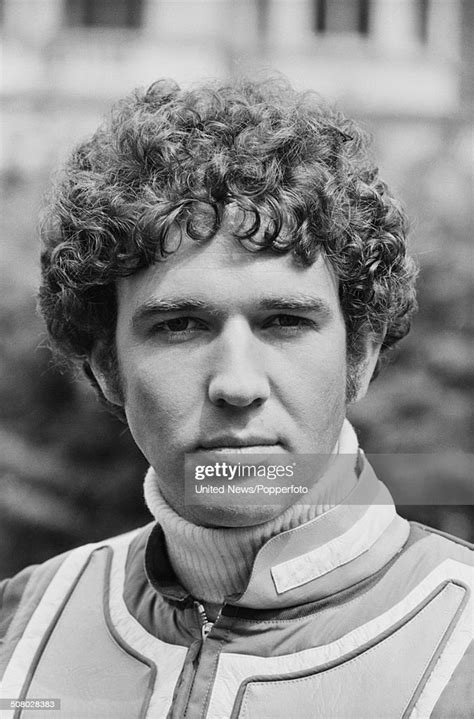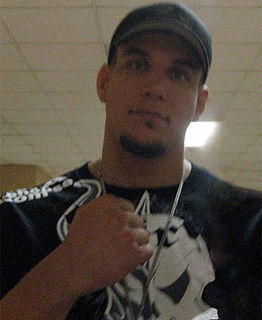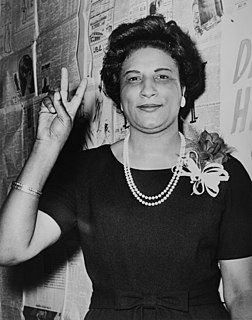A Quote by Robert Rinder
Most people assume that when you go to court and win your case that you are guaranteed to get your money. Sadly, this isn't always the case.
Related Quotes
I don't know who the great lawyers are, and I presume you can't get to them. I know of no case where it can be said for certain that they took part. They defend some people, but you can't get them to do that through your own efforts, they only defend the ones they want to defend. But I assume a case they take on must have progressed beyond the lower court. It's better not to think of them at all, otherwise you'll find the consultations with the other lawyers, their advice and their assistance, extremely disgusting and useless.
I have told somebody in court that 'I understand yours is the most important case in the world, and I'm trying to treat it as the most important case in the world, but five minutes from now I'm going to be dealing with the next person's most important case in the world.' For every litigant, theirs is the most important case.
Sadly most films only get exposure if they win an award or were in a festival, which is really difficult because those things cost money! Submitting your film to a festival or campaigning for an Oscar or a Golden Globe is very expensive. Most people don't know that, but all those events require a lot of money. If you have a small independent film, it's very hard to get the attention of people in those circles.
I have learned so much from my dad. Perhaps the biggest thing I've learned from my dad is how to be prepared at all times... whether it's for a big court case or a hostile media interview. My dad always says "Stick to your points, focus on what you are there to get across, and try not to get sidetracked."We are often trying to communicate complicated legal cases or explain laws, and it's important to keep going back to the 3 core points you want people to take away - from interviews, from our radio shows, from meetings, and from court.































